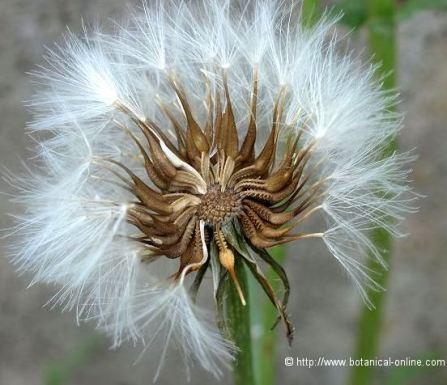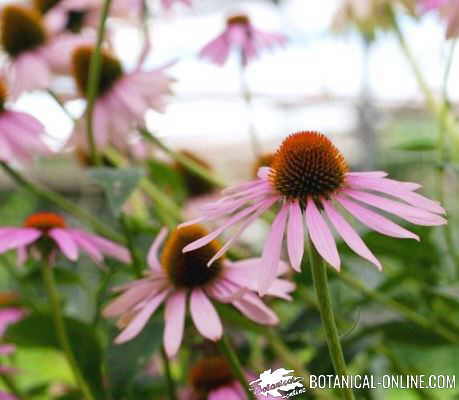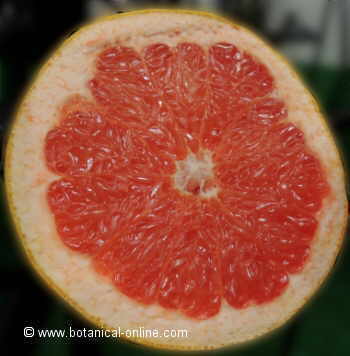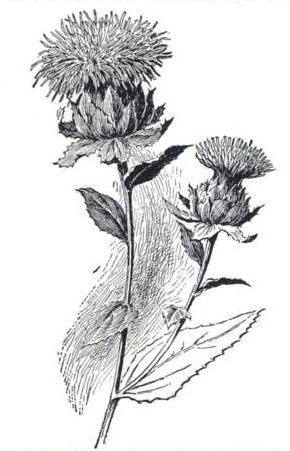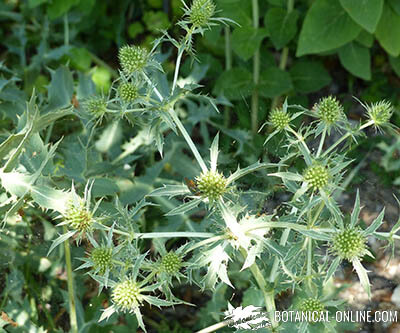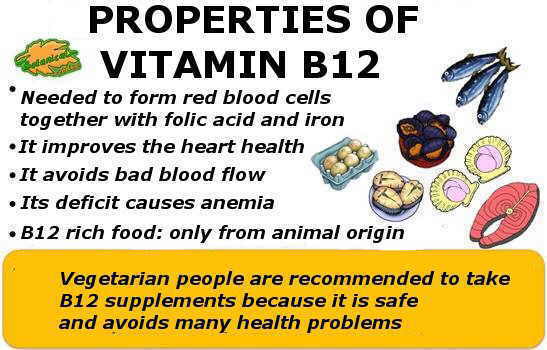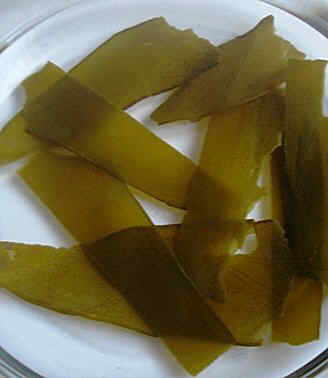Contents
CINNAMON, A REMEDY FOR DIABETES TREATMENT
Is cinnamon good for the treatment of diabetes?
Published studies said that cassia cinnamon or cinnamon of China (Cinnamomum cassia) could be suitable for the treatment of diabetes.
Why is cinnamon good for diabetes?
According to these studies, because it contains polyphenols, ingestion between 3 and 6 grams of cinnamon bark (1 teaspoon of coffee a day, after the main meal) help lower blood sugar levels in patients with type II diabetes (diabetics noninsulin-dependent).
By means of using Chinese cinnamon, the body does not need as much insulin to metabolize glucose.
Other benefits of cinnamon
At the same time, it was also suggested that this spice could reduce cholesterol and triglycerides because of its antioxidant properties.
It was also proved that it became useful in reducing hypertension.
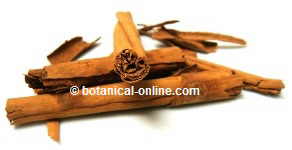 Photography of cinnamon
Photography of cinnamon
Latest scientific studies on cinnamon
Recent studies indicate that cinnamon presents no efficacy against diabetes and even its use as a remedy could be dangerous.
According to these studies, rather than regulate the level of blood sugar, the use of cinnamon as a natural remedy for diabetes, used in higher amounts of what is commonly used to flavor foods amounts, can cause fluctuations in glucose of the blood.
Therefore, you should not take more cinnamon than normal if you have diabetes. People with this disease should pay special attention to their sugar levels in case of eating foods containing this spice.
It is especially discouraged the combined use of cinnamon and diabetes medications. The use of cinnamon can enhance the effect of these drugs and reduce sugar levels too much, producing hypoglycemia in these patients.
It should not be combined with other herbs or natural preparations that also lower blood sugar when ingested as garlic, horse chestnut, ginseng, alpha lipoic acid, etc.
* Related information: Berberine, the best plant for diabetes
![]() More information on cinnamon.
More information on cinnamon.

